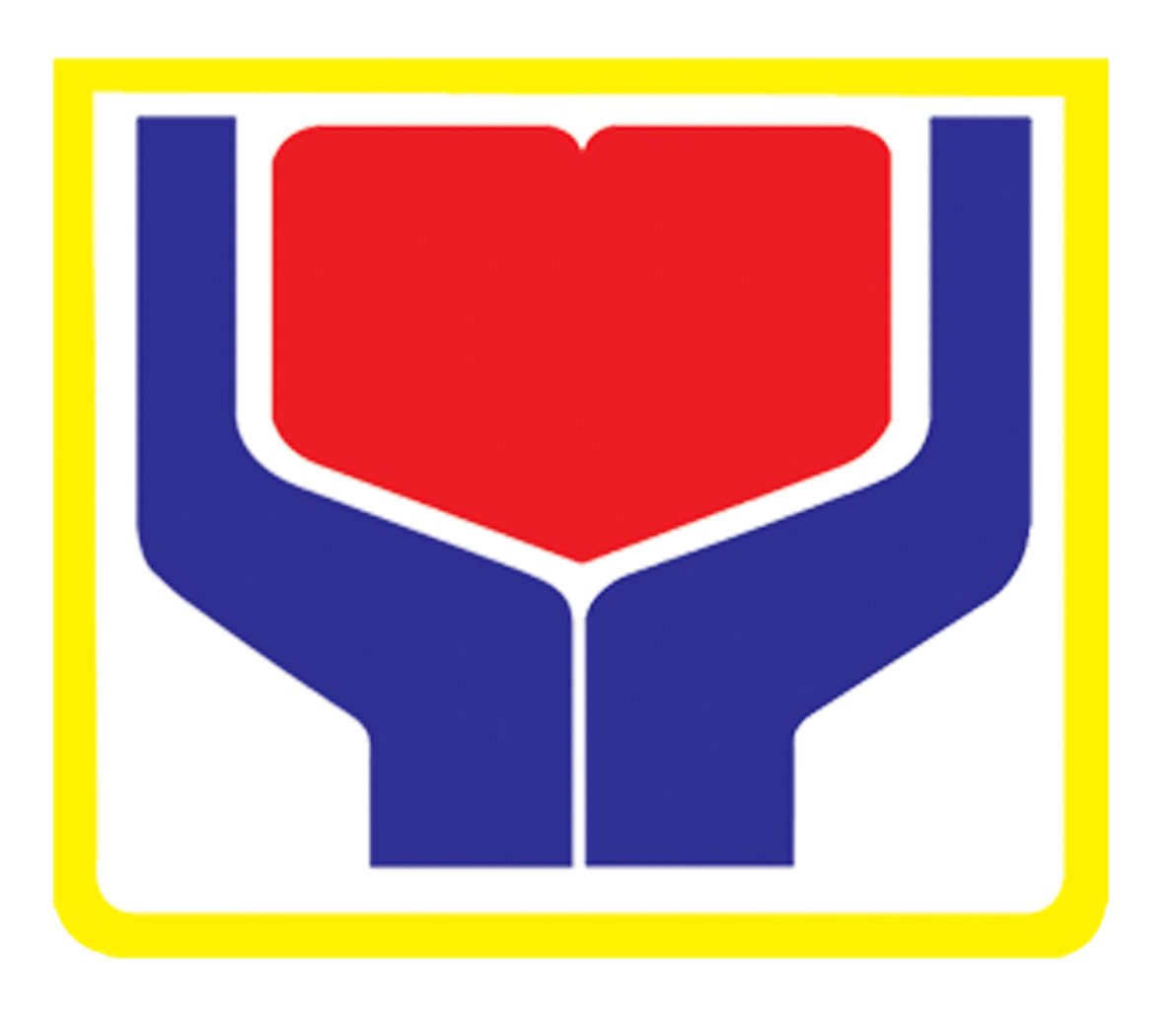The Department of Social Welfare and Development (DSWD), through its Field Office IV-A, called for the local government units (LGUs) in the CALABARZON Region to extend assistance to the street families in their respective areas.
Last July 20, the Field Office conducted an orientation and planning workshop on the Comprehensive Program for Street Children, Street Families and Indigenous Peoples (IPs) especially Sama-Bajaus. Participants include the LGUs of Bacoor, Imus, Tagaytay and Dasmariñas in Cavite and Antipolo City—areas in the CALABARZON with high incidence of children and families in the streets.
The Comprehensive Program is a new social technology developed by the DSWD that aims to achieve zero incidences of children, families and Sama-Bajaus in the streets. This program, through the support of the LGUs and other non-government organizations, will provide a package of assistance to identified families living and working in the streets. Forms of assistance for these beneficiaries include permanent shelter, education, livelihood and skills training.
According to DSWD Field Office IV-A Regional Director Leticia T. Diokno, it is important that both the national and local governments work to reach out to street children, families and Sama-Bajaus.
“We have to work together to identify where these vulnerable families are and plan how to get them off the streets. Let us identify the reasons these families prefer to stay and live in the streets and come up with effective strategies to resettle them,” shared Dir. Diokno.
Included in the action plans of the participant-LGUs are the strengthening of the Barangay Council for the Protection of Children and increased support to the Anti-Mendicancy Law.
“We will push for the passage of local ordinances and strengthen local task forces in support to the Anti-Mendicancy Law and provide basic services to the families on the streets,” shared City Social Welfare and Development Officer Hermana Revilla of Imus City.# with reports from ABColorico
